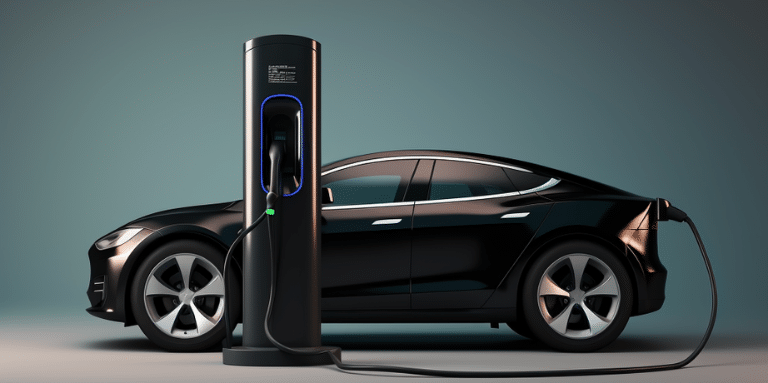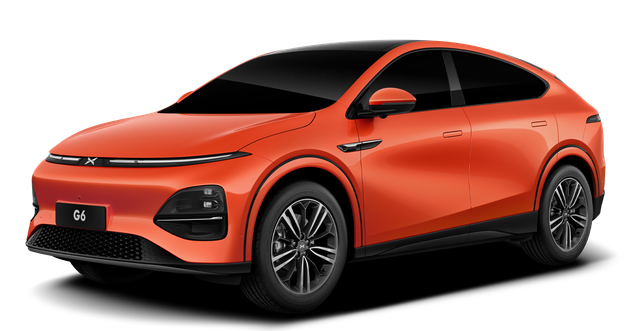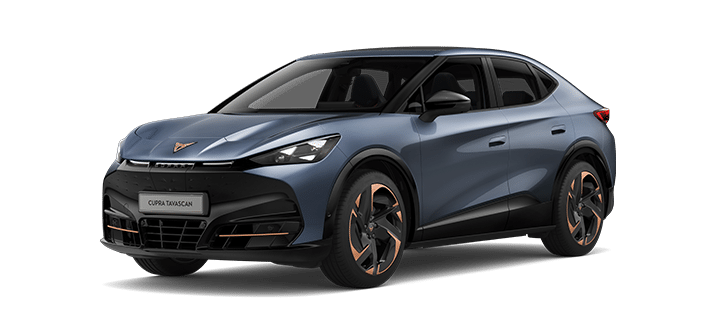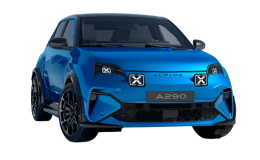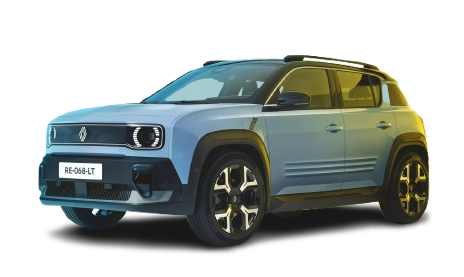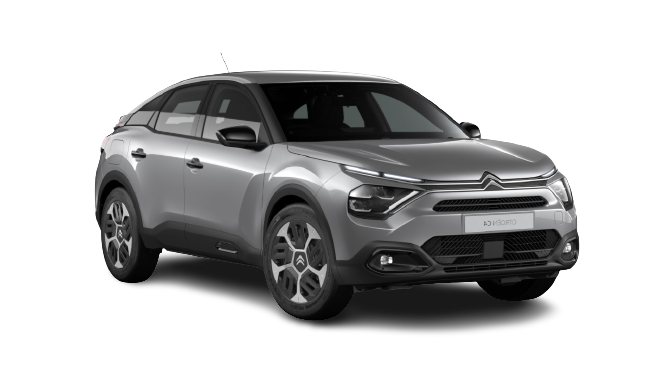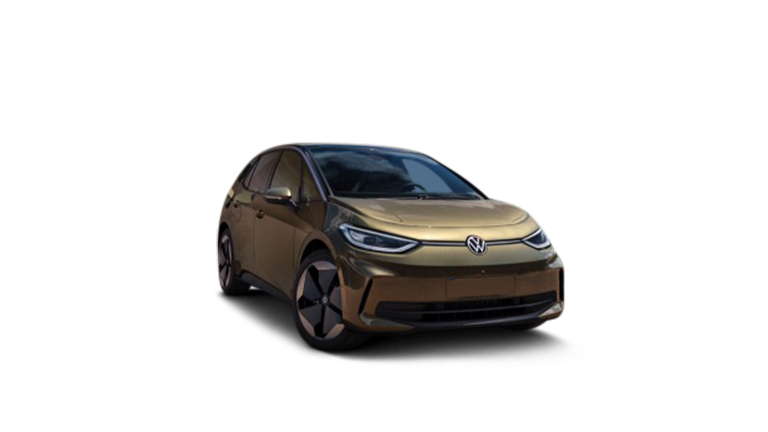Want to go electric?
Beev offers multi-brand 100% electric vehicles at the best prices, as well as recharging solutions.
Factors contributing to the success of electrics
The European Union's climate objectives
The European Union has set itself ambitious climate targets, including a 55% reduction in greenhouse gas emissions by 2030 and climate neutrality by 2050.
To achieve these objectives, the EU is relying on a series of measures, including a ban on the sale of new internal combustion engine cars in 2035. This ban should help reduce greenhouse gas emissions from the transport sector, which accounts for around 25% of total EU emissions.
The ban on combustion engines is an important step in the transition to a carbon-neutral economy. It should stimulate the development of the electric car market and help improve air quality in cities.
The EU has also introduced other measures to support the development of electric cars, including financial aid for electric car buyers and investment in recharging infrastructure. These measures have helped to make electric cars a more attractive option for consumers.
Financial assistance for buyers of electric cars
By 2035, the sale of new combustion-powered vehicles will be banned in the European Union. As a result, the choice of cars - whether gasoline, diesel, plug-in hybrid or electric - will be considerably restricted.
As part of their efforts to reduce air pollution, more and more European cities, both in France and Germany, are restricting access to vehicles that emit the most pollutants.
Financial support for the purchase of electric cars is an important tool for stimulating the transition to electric mobility in Europe. These include the ecological bonusthe conversion premium, 100 € electric car rental.
In France, the following subsidies are available for the purchase of electric cars:
- An ecological bonus of €5,000 for all electric vehicles costing less than €47,000. This bonus is increased to €7,000 for households with a reference tax income of less than €14,089.
- A conversion bonus of up to €5,000 for the purchase of a new electric car in exchange for scrapping a Crit'Air 1 to 5 vehicle.
These aids are cumulative, which means that a buyer can benefit from all of them if he meets the required conditions.
For example, a household with a reference tax income of less than €14,089 can benefit from an ecological bonus of €7,000 and a conversion bonus of €5,000 for the purchase of a new electric car costing less than €47,000. In total, the buyer will benefit from financial assistance worth €12,000.
These subsidies have helped boost sales of electric cars in France. In 2023, sales of electric cars in France reached 1.2 million units, up 52% on 2022.
The French government plans to maintain these subsidies for the purchase of electric cars until 2025. However, these subsidies may be reduced or abolished in the future, depending on the development of the electric car market.
NB: Since December 15, 2023, a vehicle's eligibility for the environmental bonus also depends on its "environmental score".
Ecological bonus abolished in Germany
In December 2023, Germany has decided to abolish the environmental bonus for the purchase of an electric vehicle.
Berlin had been subsidizing the purchase of clean vehicles since 2016, but this initiative was discontinued due to budget constraints.
As a result, there is no longer any financial support for the purchase of electric vehicles in Germany.
Read more: Top 10 best-selling electric cars in Germany 2023
Improving the performance of electric cars
Improving the performance of electric cars is a priority for European automakers, who are seeking to make them more attractive to consumers. Indeed, the performance of electric cars is still often perceived as a barrier to their adoption, notably because of their limited range and relatively long charging times.
Manufacturers are exploring several avenues for improvement, including :
- Improving battery technology is a top priority. Batteries are the most expensive and heaviest component of electric cars, and they determine the vehicle's range and charging time. Carmakers are working to develop more efficient batteries, with higher energy density, to increase range without increasing vehicle weight.
- Optimizing the architecture of electric cars can also help improve their performance. For example, integrating batteries into the vehicle's structure reduces weight and improves energy efficiency.
- The development of new technologies, such as ultra-fast charging and wireless charging, could also enhance the driving experience of electric cars.
Progress in these areas is already tangible. In 2023, the average range of electric cars sold in Europe was 320 kilometers, compared with 250 kilometers in 2020. Average charging time is also falling, with an average of 8 hours for a full charge at home, compared with 10 hours in 2020.
We can expect the performance of electric cars to continue to improve in the years ahead. European carmakers have announced major investments in research and development of new technologies, and should succeed in bringing electric cars to market with performances comparable to those of combustion-powered cars.
Improving the performance of electric cars is a key factor in their mass adoption. By making electric cars more attractive, European carmakers will help reduce greenhouse gas emissions and improve air quality.
The EU aims to ban combustion engines by 2035
In 2021, the European Commission proposed to ban the sale of new combustion engine cars in Europe by 2035. This target was adopted by the European Parliament in July 2022 and by the EU Council in June 2023.
This ban is intended to contribute to the European Union's goal of climate neutrality by 2050. Today, transport accounts for a quarter of the EU's greenhouse gas emissions, and cars are responsible for a large proportion of these.
The ban on combustion engines in 2035 will have a major impact on the European automotive industry. Carmakers will have to invest massively in the production of electric cars, and they will also have to adapt their distribution and service networks.
Banning internal combustion engines is an ambitious decision, but it is also necessary to achieve the European Union's climate objectives.
The benefits of banning combustion engines
There are several advantages to banning combustion engines:
- It will help to reduce greenhouse gas emissions, thereby helping to combat climate change.
- It will improve air quality by reducing emissions of atmospheric pollutants.
- It will create jobs in the production and maintenance of electric cars.
The challenges of banning combustion engines
Banning combustion engines also presents challenges, including:
- It will require major investment in production and in theinfrastructure for recharging electric cars.
- It could lead to higher prices for electric cars, which could deter some consumers from buying them.
- It could have a negative impact on jobs in the traditional automotive industry.
The ban on combustion engines is a decision for the future. European carmakers have already begun investing in the production of electric cars, and should be able to meet the growing demand for these vehicles.
Electric cars to account for 100% of new car sales by 2035
Electric cars will have to account for 100% of new car sales by 2035, but that's not all.
The European Union has also adopted a series of other measures to promote the transition to electric vehicles. These include:
- A gradual reduction in taxes on electric cars.
- Increased subsidies for electric cars.
- Tougher emission standards for combustion-powered cars.
These measures should help make electric cars more accessible and attractive to consumers.
Here are a few specific things that could happen between now and 2035:
- Electric cars will be more affordable. Battery production costs should continue to fall, which should lead to lower prices for electric cars.
- They will also have a longer range. Technological advances will make it possible to develop more powerful and longer-lasting batteries, which will extend the range of electric cars.
- Charging infrastructures will be further developed. The European Union plans to deploy 3 million charging stations by 2030.
If these trends continue, electric cars should become the norm in Europe by 2035.
Electric cars: competition from China
China is one of the world leaders in electric car production and sales. By 2022, China had produced around 5 million electric cars, more than half the world's total.
Chinese electric carmakers enjoy several advantages over their European and American competitors, including :
- Strong support from the Chinese government, which has put in place subsidy policies and regulations favourable to electric vehicles;
- Lower production costs, thanks to low-cost labor and integrated supply chains;
- A large and growing domestic market, enabling Chinese automakers to benefit from economies of scale.
These advantages have enabled Chinese automakers to take a dominant position in the global electric car market. In Europe, the market share of Chinese manufacturers is set to rise from 2% in 2020 to 8% in 2022.
Competition from Chinese electric cars represents a major challenge for European and American automakers. They must adapt to the new situation and develop strategies to remain competitive.
Here are just a few of the ways in which European and American automakers can face up to Chinese competition:
- Invest in research and development to reduce battery costs and improve the range of electric vehicles;
- Develop more affordable electric car models tailored to the needs of different market segments;
- Strengthen their presence in China, the world's largest market for electric cars.
If European and American manufacturers can meet these challenges, they can continue to play an important role in the global electric car market.
Here are a few concrete examples of measures that European and American manufacturers have already taken to face up to Chinese competition:
- The Volkswagen Group has announced a €20 billion investment in the production of electric cars in Europe by 2026.
- Stellantis Group to invest 30 billion euros in electric car production by 2025.
- The Ford Group will invest $11.5 billion in the production of electric cars in the United States by 2025.
These investments show that European and American automakers are determined to remain competitive in the global electric car market.
Sales of electric cars in Europe accelerate
Sales of electric cars in Europe are accelerating significantly. Indeed, electric models have overtaken diesel vehicles for the first time, accounting for just 13.7% of sales between January and November 2023.
Over the first half of 2020 as a whole, electrified cars recorded a 76.9% increase on the same period last year, with 296,444 units sold.
This upward trend is also confirmed by the figures for new car sales in Europe. In 2022, 1,560,000 electric cars were registered, representing a significant share of the automotive market.
These figures testify to consumers' growing enthusiasm for electric vehicles, supported by technological advances and government and industry efforts to promote sustainable mobility.
The main electric car models sold in Europe in 2023 are as follows:
These models are offered at increasingly affordable prices, which contributes to their popularity.
Conclusion
Electric cars are becoming the norm in Europe. They are now more affordable, more efficient and more environmentally friendly than diesel cars.
The ban on the sale of new internal combustion engine cars in Europe by 2035 will further accelerate this trend.
If you're looking to go electric, Beev is the ideal partner for you. We offer a wide choice of models, at affordable prices, and support our customers in their transition to electric mobility.
To find out more, visit our Beev.co website or contact one of our advisors.
With Beev
Switch to
Electric car
or install your
Charging station
For individuals and businesses
